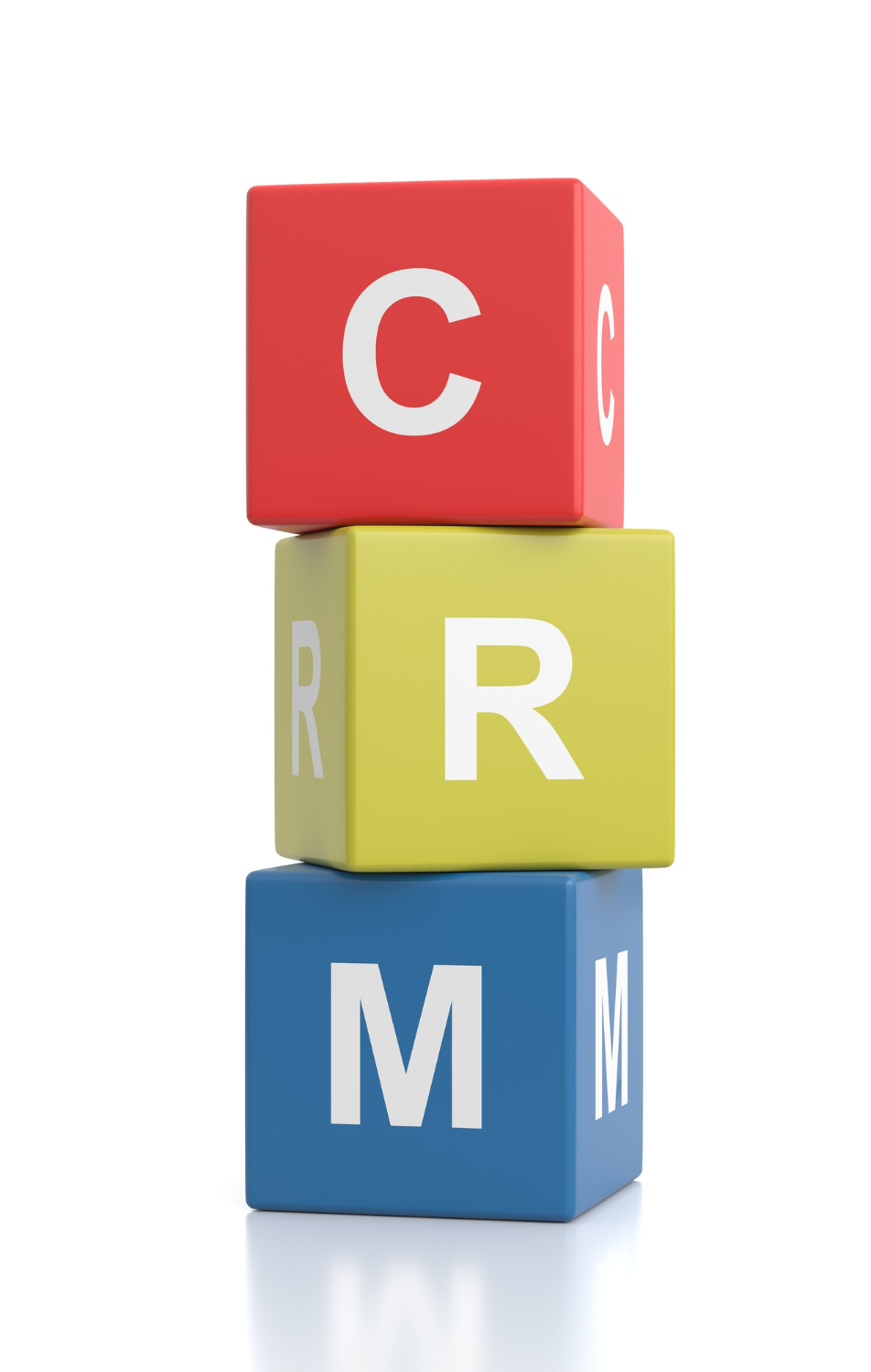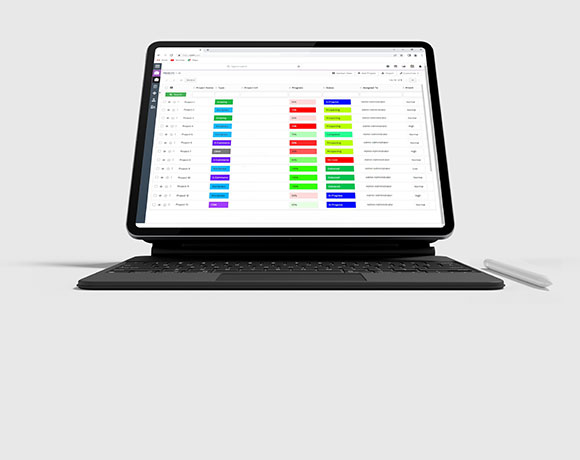Introduction
maintaining strong sales CRM software is paramount. That’s where CRM (Customer Relationship Management) comes into play. In this comprehensive guide, we’ll delve into the world of Sales CRM Software, exploring its significance in sales and providing you with valuable insights to supercharge your business.
What is Sales CRM Software?
A. Definition and Overview
Sales CRM software is the backbone of modern businesses, offering a centralized hub for managing customer interactions, sales processes, and data. It empowers organizations with the tools needed to streamline operations, drive growth, and optimize customer engagement.
B. Key Features of Sales CRM Software
Contact Management: Efficiently organize and access customer data.
Lead Tracking: Keep tabs on potential opportunities.
Sales Pipeline Management: Visualize and manage your sales pipeline.
Reporting and Analytics: Make data-driven decisions with insightful reports.
Integration Capabilities: Seamlessly connect with other tools and applications.

Benefits of Using CRM Software
A. Improved Customer Relationships
CRM software enables personalized interactions, helping you nurture and strengthen customer relationships.
B. Enhanced Sales Productivity
Automate routine tasks, allowing your sales team to focus on what they do best – selling.
C. Data-Driven Decision-Making
Access real-time data and analytics to make informed, strategic decisions.
D. Scalability and Growth Opportunities
CRM software scales with your business, ensuring you’re prepared for future growth.
Types of CRM Software
A. Cloud-based CRM Solutions
Enjoy the flexibility and accessibility of cloud-based solutions, ideal for remote teams.
B. On-Premises CRM Software
For organizations with specific security or regulatory requirements.
C. Industry-Specific CRM Options
Tailored solutions designed to meet the unique needs of your industry.
D. Open-Source CRM Platforms
Customize your CRM to suit your exact requirements with open-source options.

How to Choose the Right Sales CRM Software
A. Assessing Your Business Needs
Identify your specific requirements and objectives for CRM implementation.
B. Budget Considerations
Determine a budget that aligns with your financial capabilities.
C. Integration Requirements
Consider how CRM software will integrate with your existing systems.
D. User-Friendliness
Ensure that the chosen CRM is intuitive and user-friendly for your team.
E. Customer Support and Training
Access to reliable support and training resources is crucial for successful implementation.
Explore the standout features that make each CRM software unique and beneficial for your business.
Implementation and Best Practices
A. Steps for Successful CRM Software Implementation
Follow a structured approach to ensure a smooth transition.
B. Training Your Sales Team
Equip your team with the necessary skills and knowledge to maximize CRM usage.
C. Data Management and Hygiene
Maintain clean and accurate data for effective decision-making.
D. Regularly Update and Optimize Your CRM
Stay up-to-date with software updates and continuously improve your CRM strategy.
Real-Life Success Stories
A. Case Studies of Businesses that Have Benefited from customer realtionship Software.
Learn from real-world examples of businesses that have achieved remarkable success.
B. Quantifiable Results and Outcomes
Explore the tangible benefits these businesses have experienced with CRM software.
Common Challenges and How to Overcome Them
A. Data Entry and MaintenanceDiscover strategies to streamline data entry and ensure data accuracy.
B. Resistance from the Sales Team
Address common concerns and foster buy-in from your sales team.
C. Integration Issues
Troubleshoot integration challenges and ensure seamless data flow.
D. Ensuring Data Security and Privacy
Implement robust security measures to protect sensitive customer data.
Future Trends in Sales CRM Software
A. AI and Machine Learning Integration
Explore how AI is transforming CRM with predictive analytics and automation.
B. Mobile CRM Applications
The future of CRM is mobile, providing flexibility and real-time access.
C. Predictive Analytics
Harness the power of predictive analytics to anticipate customer needs.
D. Enhanced Customer Experience Features
Discover how CRM will continue to improve customer interactions.
Conclusion
In conclusion, The CRM Software is not just a tool; it’s a strategic asset for businesses of all sizes. It empowers you to build lasting customer relationships, drive sales growth, and make informed decisions. As you embark on your CRM journey, we encourage you to explore the options available and choose the right CRM software that aligns with your unique business needs. The future of CRM in sales is exciting, and it’s time for your business to benefit from it.
Optimize sales with our customer realtionship Software today. grow productivity, and revenue.


